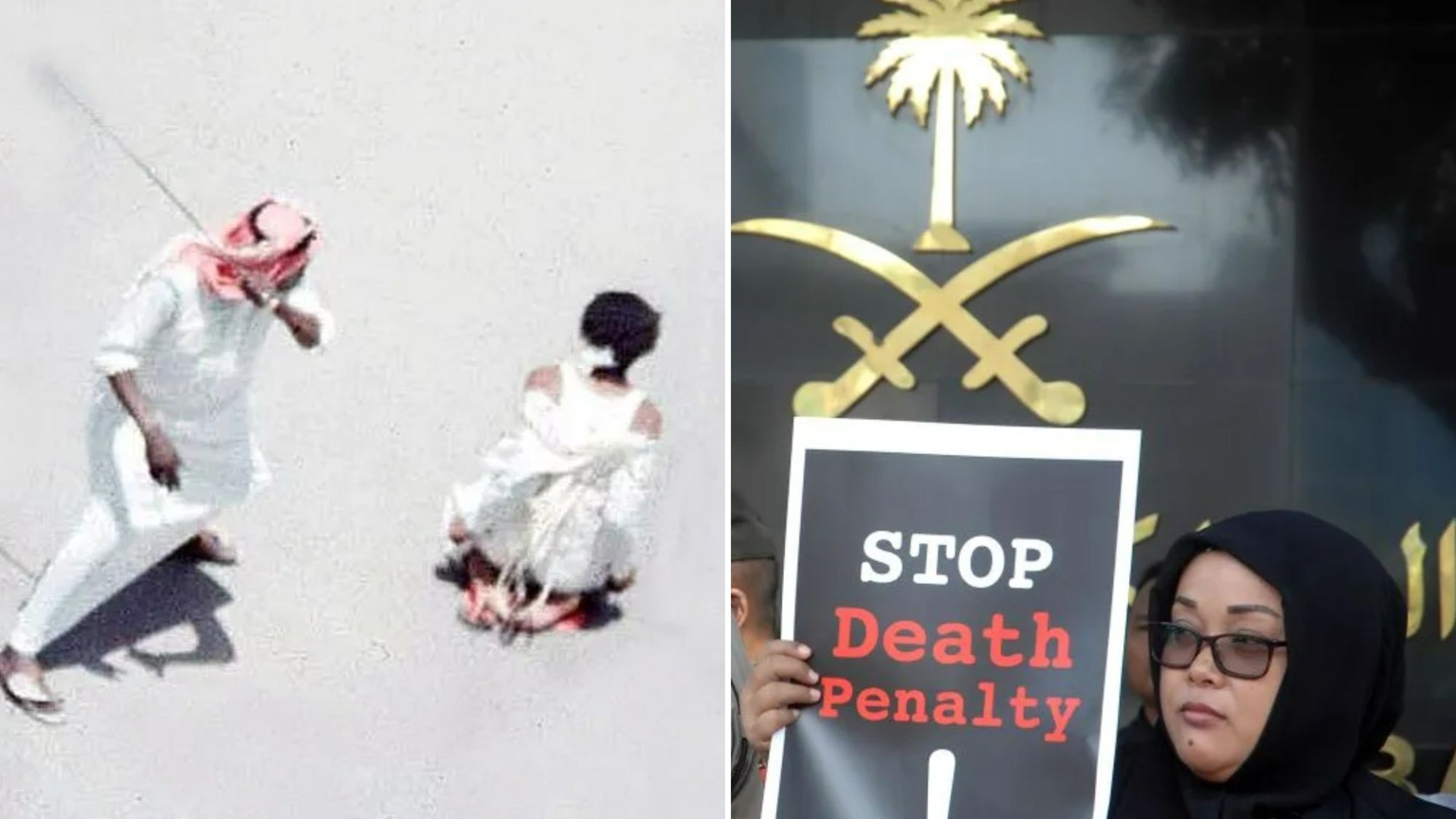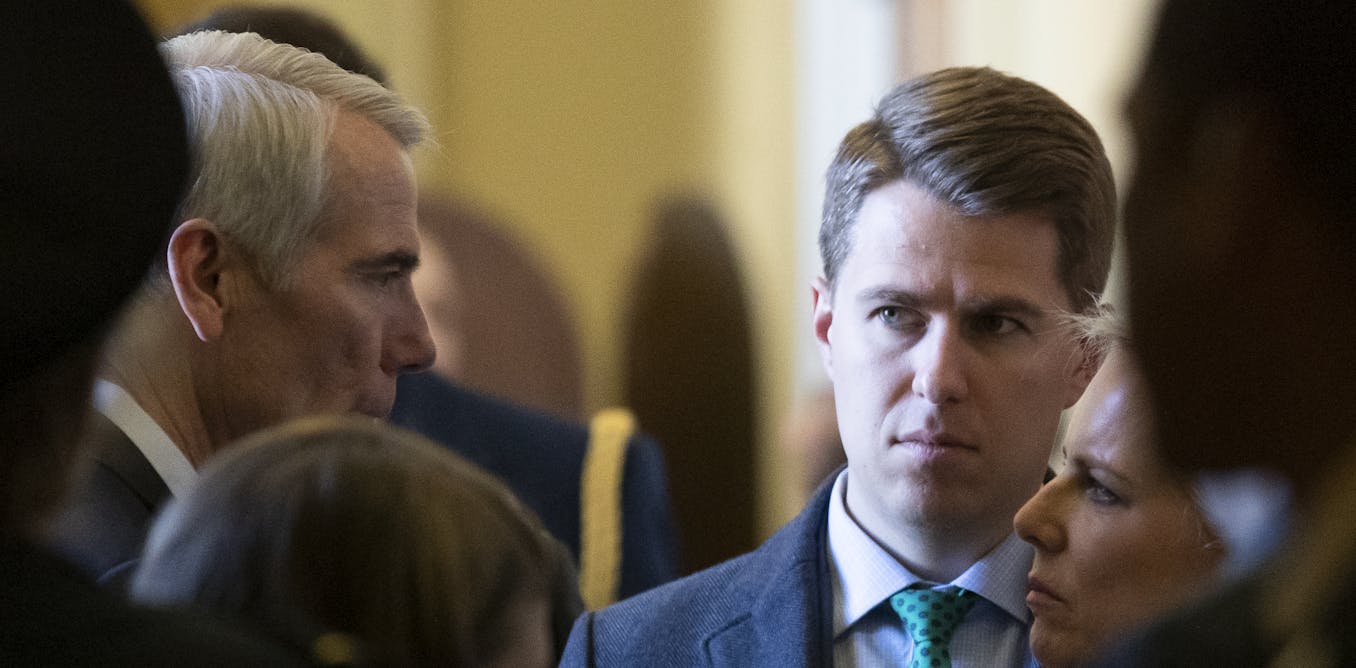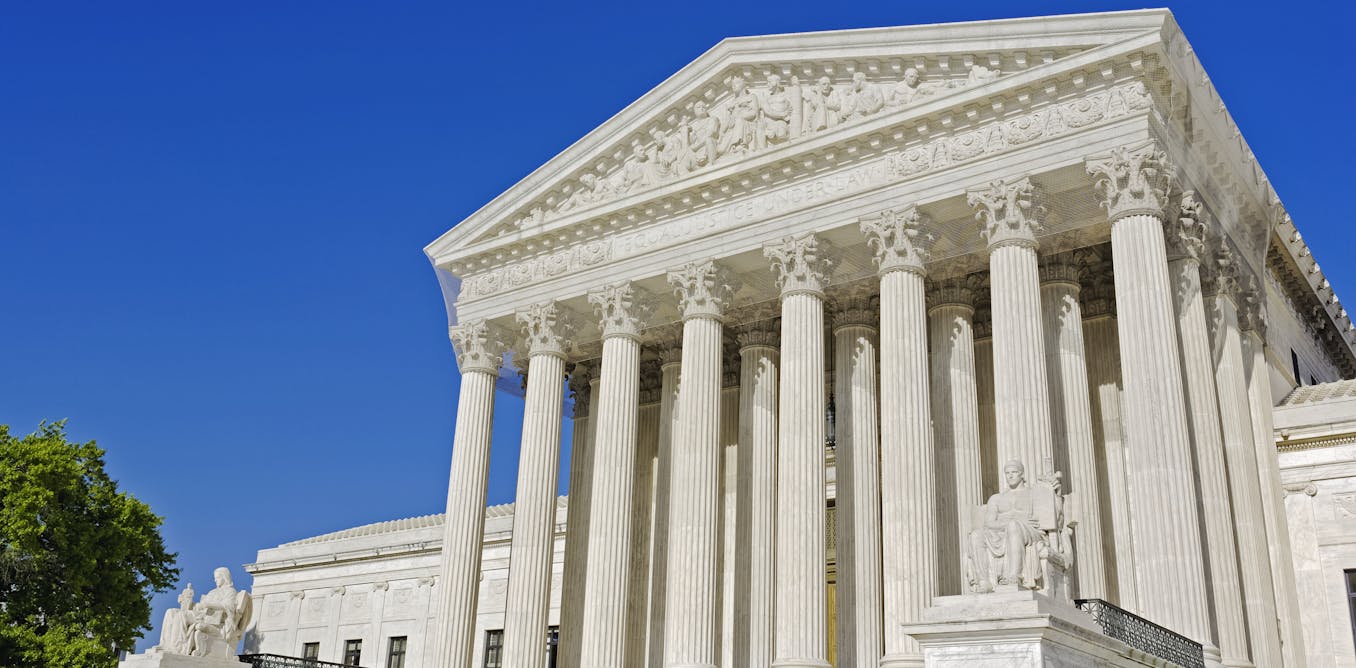SAUDI Arabia has carried out the highest number of executions in decades with nearly 200 people being killed just this year.
Saudi’s bloody record was set after three executions were announced on Saturday bringing the grim 2024 total to 198 people.
6

6

6

6
The horrific killing spree sees a large number of those executed being punished for “dissent” or drug-related offences.
This year’s numbers surpassed its previous highs of 196 in 2022 and 192 in 1995 according to Amnesty International.
The London-based human rights group reports that Saudi is followed by China and Iran in 2023.
The country has repeatedly come under fire from human rights groups for its use of the death penalty and extreme medieval punishments.
READ MORE IN SAUDI ARABIA
Amnesty International accused Saudi authorities of “pursuing a relentless killing spree.”
The group’s secretary-general, Agnes Callamard, added that Riyadh displayed “a chilling disregard for human life while promoting an empty-worded campaign to rebrand their image”.
She said: “The death penalty is an abhorrent and inhuman punishment which Saudi Arabia has used against people for a wide range of offences, including political dissent and drug-related charges following grossly unfair trials.
“The authorities must immediately establish a moratorium on executions, and order re-trials for those on death row in line with international standards without resorting to the death penalty.”
Those put to death this year included 32 people convicted of terrorism-related offences and 52 found guilty of drug-related offences, according to the tally.
Jeed Basyouni, the head of Middle East anti-death penalty advocacy for the NGO Reprieve, said the new record showed “Saudi Arabia has given up the pretence around reforms on the use of death penalty”.
“Promises made in recent years haven’t materialised or have even been reversed,” he added.
Crown Prince Mohammed bin Salman said in March 2022 that the country has “got rid of” the death penalty except for cases where it is mandated under Sharia.
But a few months later, in November, the authorities carried out the first executions for drug-related offences in nearly three years.
Riyadh has previously argued that the death penalty is necessary to “maintain public order” and sentences are only carried out if “the defendants have exhausted all levels of litigation”.
The killings include the country’s largest mass execution in March 2022, when 81 people were put to death in a single day.
In 2019, the kingdom beheaded 37 Saudi citizens, most of them minority Shiites, in a mass execution across the country for alleged terrorism-related crimes.
Saudi Arabia uses a number of methods to execute prisoners including public beheading, crucifixion and paralysis.
The state-run Saudi Press Agency announced last month the execution of Abdulmajeed al-Nimr, a retired traffic police officer, for terrorism-related offences related to joining Al-Qaeda.
However, his court documents suggest his charges are related to his alleged support for “anti-government” protests in Saudi Arabia’s Shi’a majority Eastern Province, Amnesty International reports.

6

6
Human rights in Saudi Arabia
Saudi Arabia is renowed for limiting basic human rights to its citizens and imposing harsh punishments to those who dare to voice their objections.
People are targeted for exercising freedom of expression and sentenced to lengthy prison sentences after “grossly unfair trials.”
Critics of the government are often jailed or exiled.
Blogger Raif Badawi was sentenced to 1,000 lashes and 10 years in prison for “insulting Islam” and founding an online forum for political debate.
The country still regularly uses the death penalty, with the number of executions being among the highest in the world.
Women continue to be subjected to discrimination and must have a male legal guardian while torturing while in detention is common practice.
Extreme violence forced a lot of migrant workers to flee Saudi Arabia while free speech is nonexistent.
Media are heavily controlled by the government and outspoken journalists are seriously punished.
Lastly any form of protest and demonstration is banned and punishable by law.




